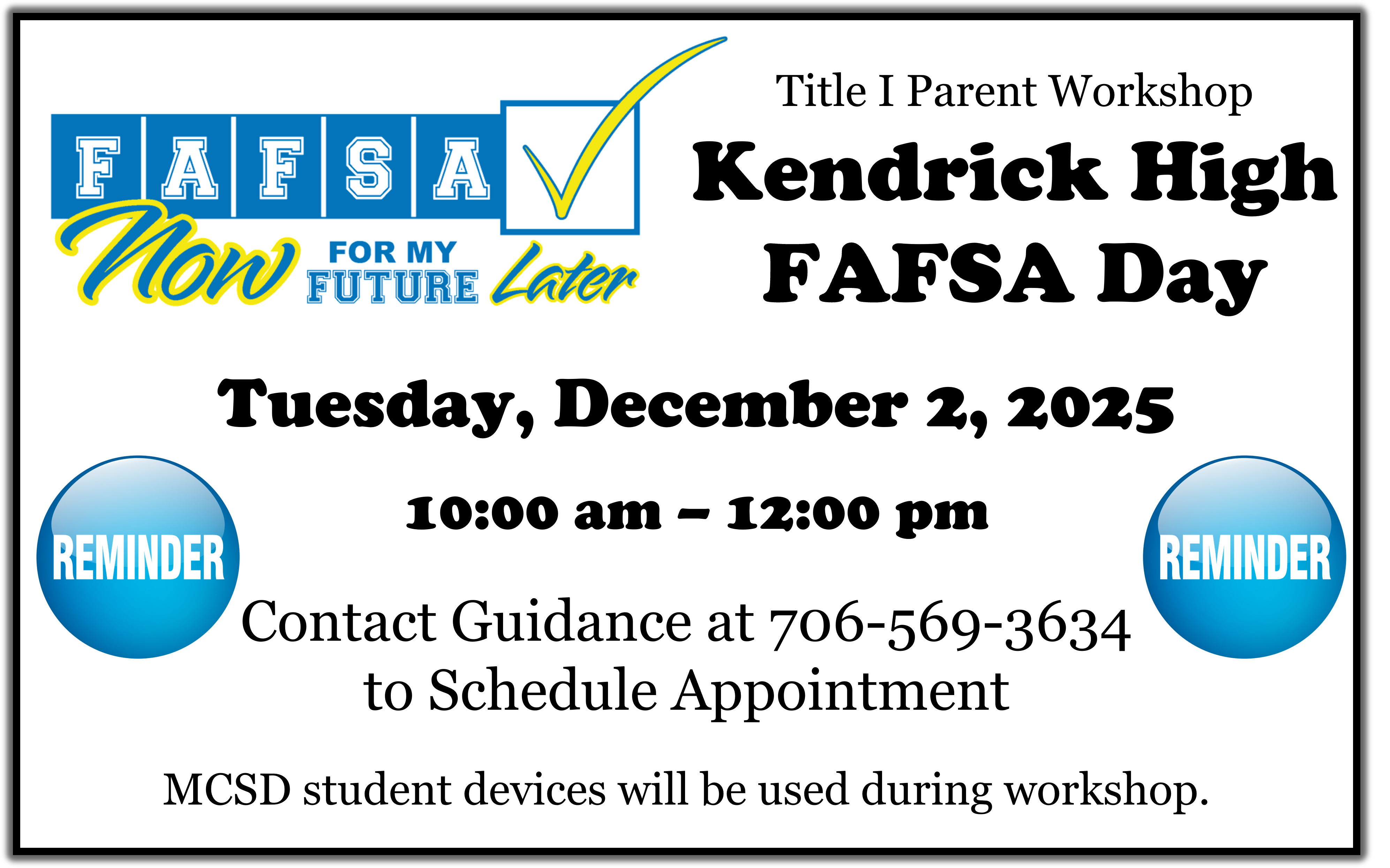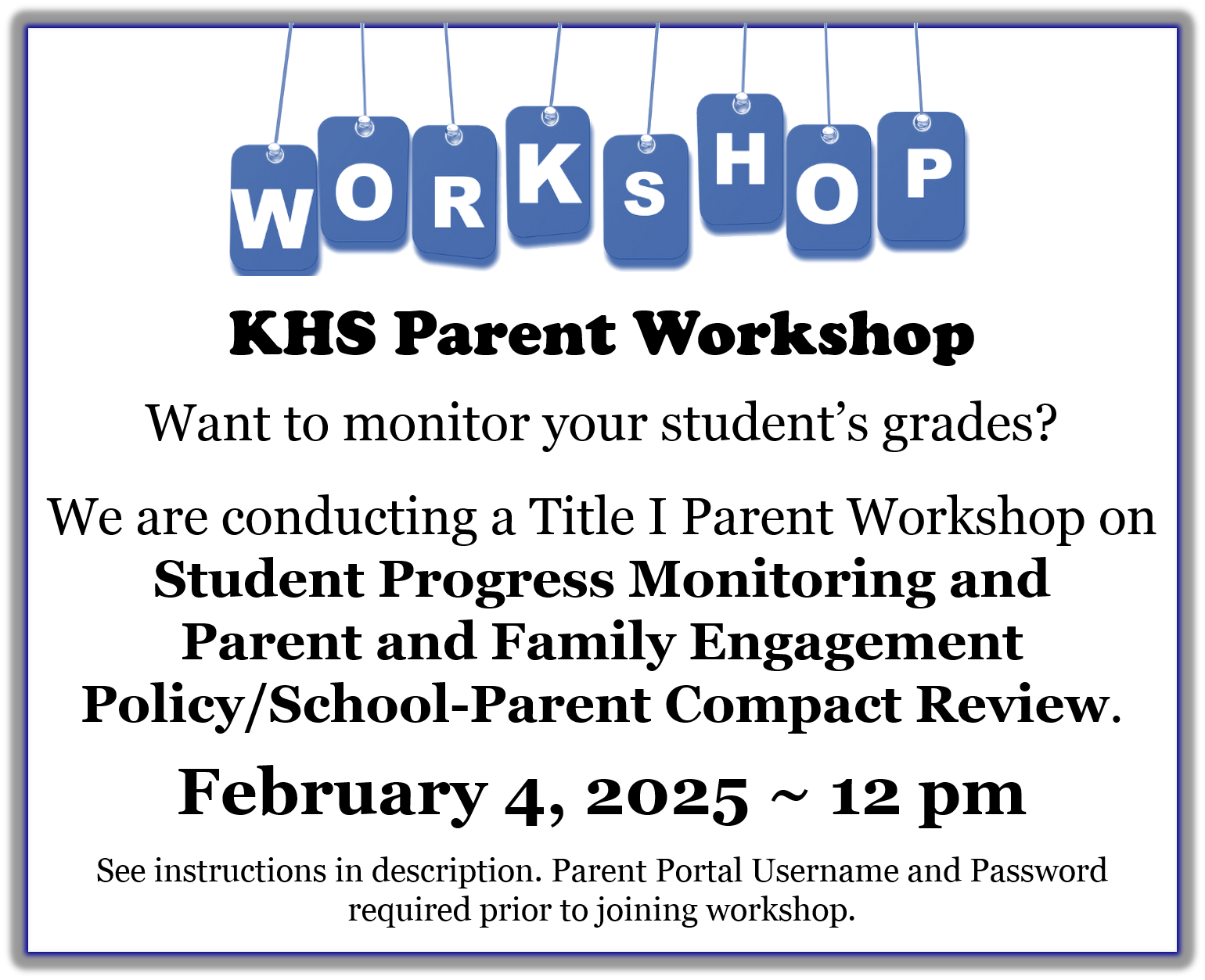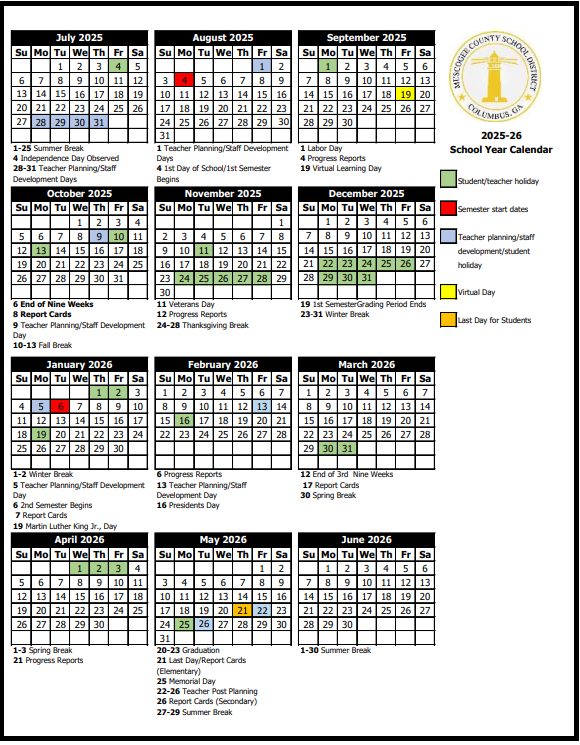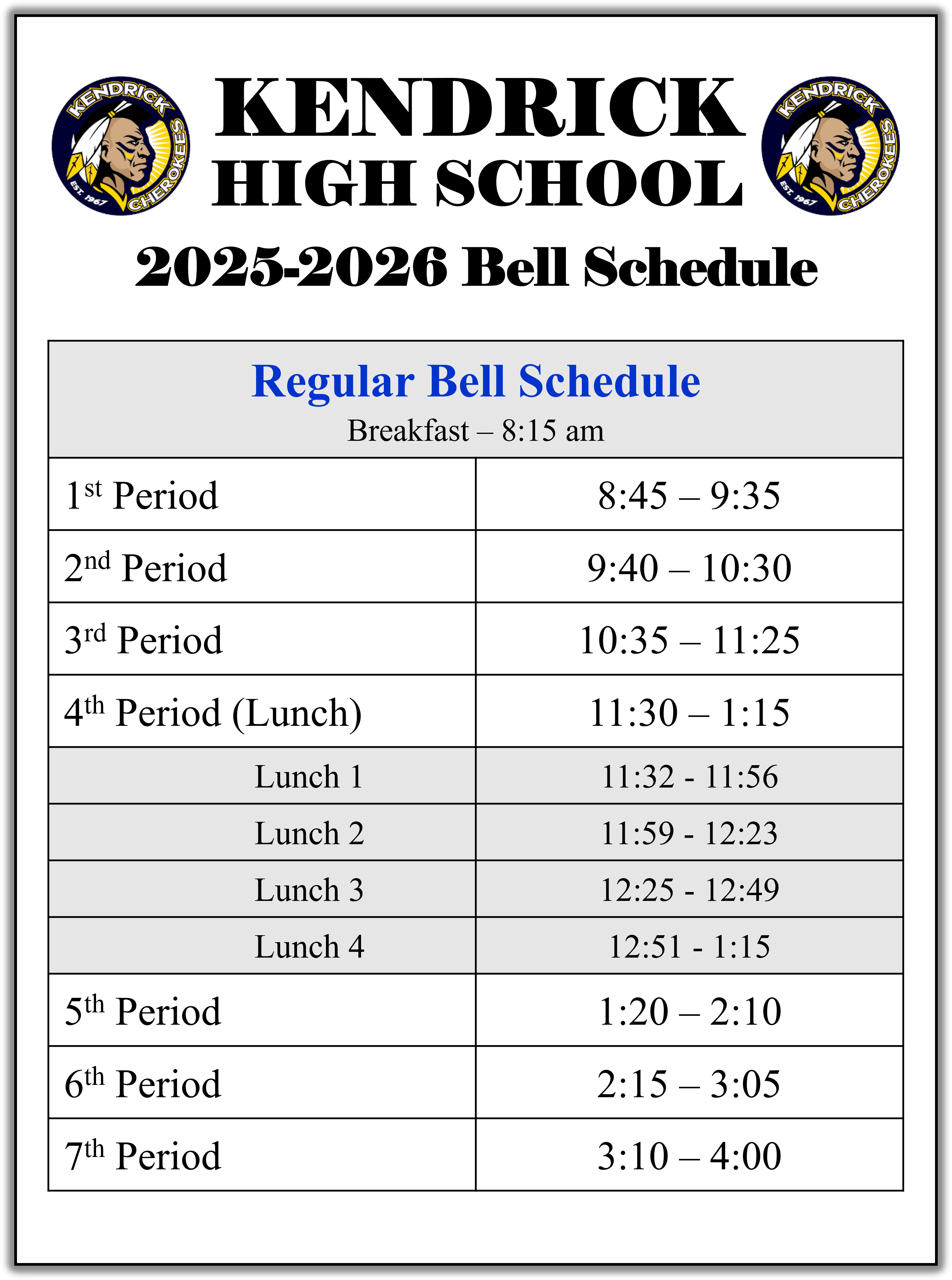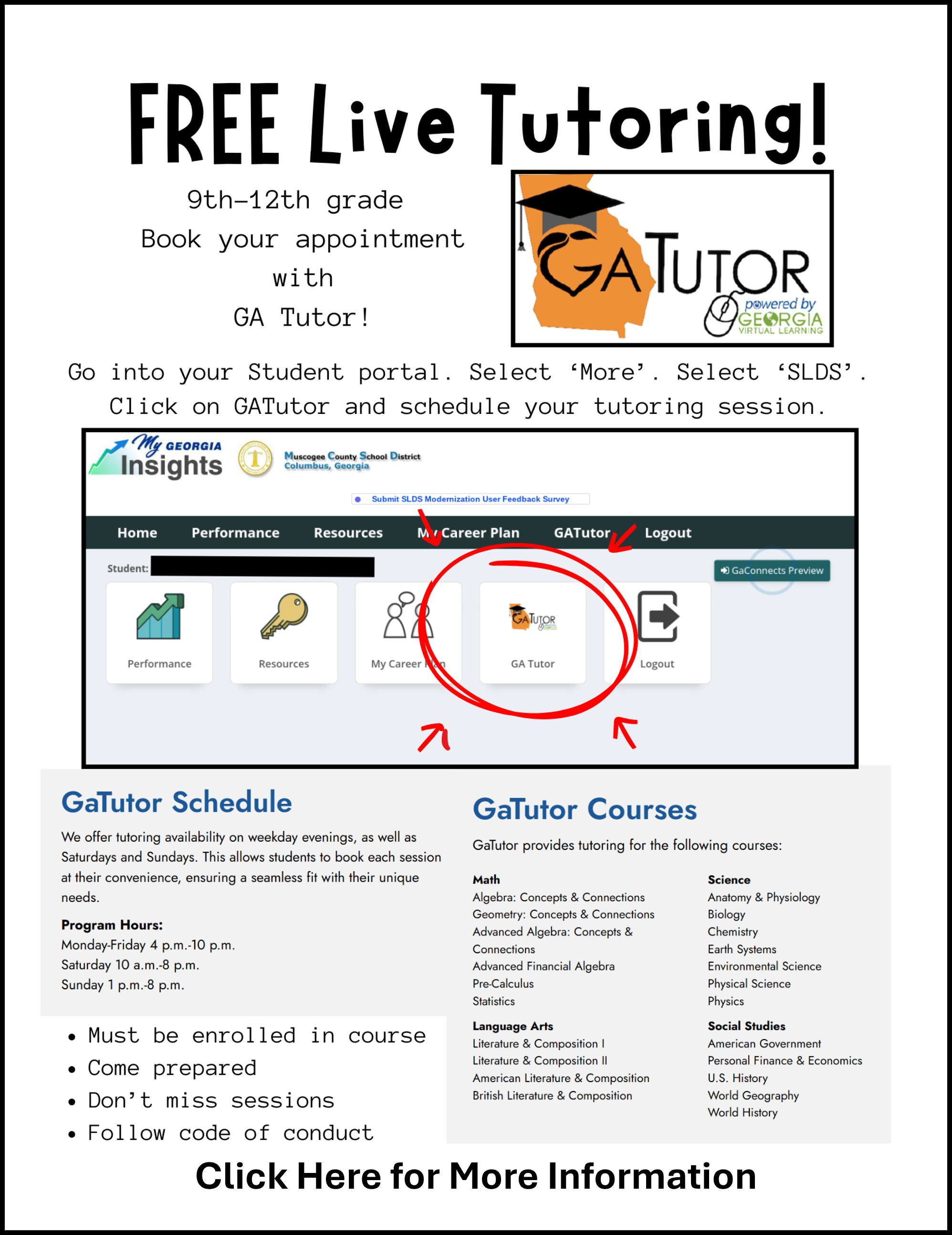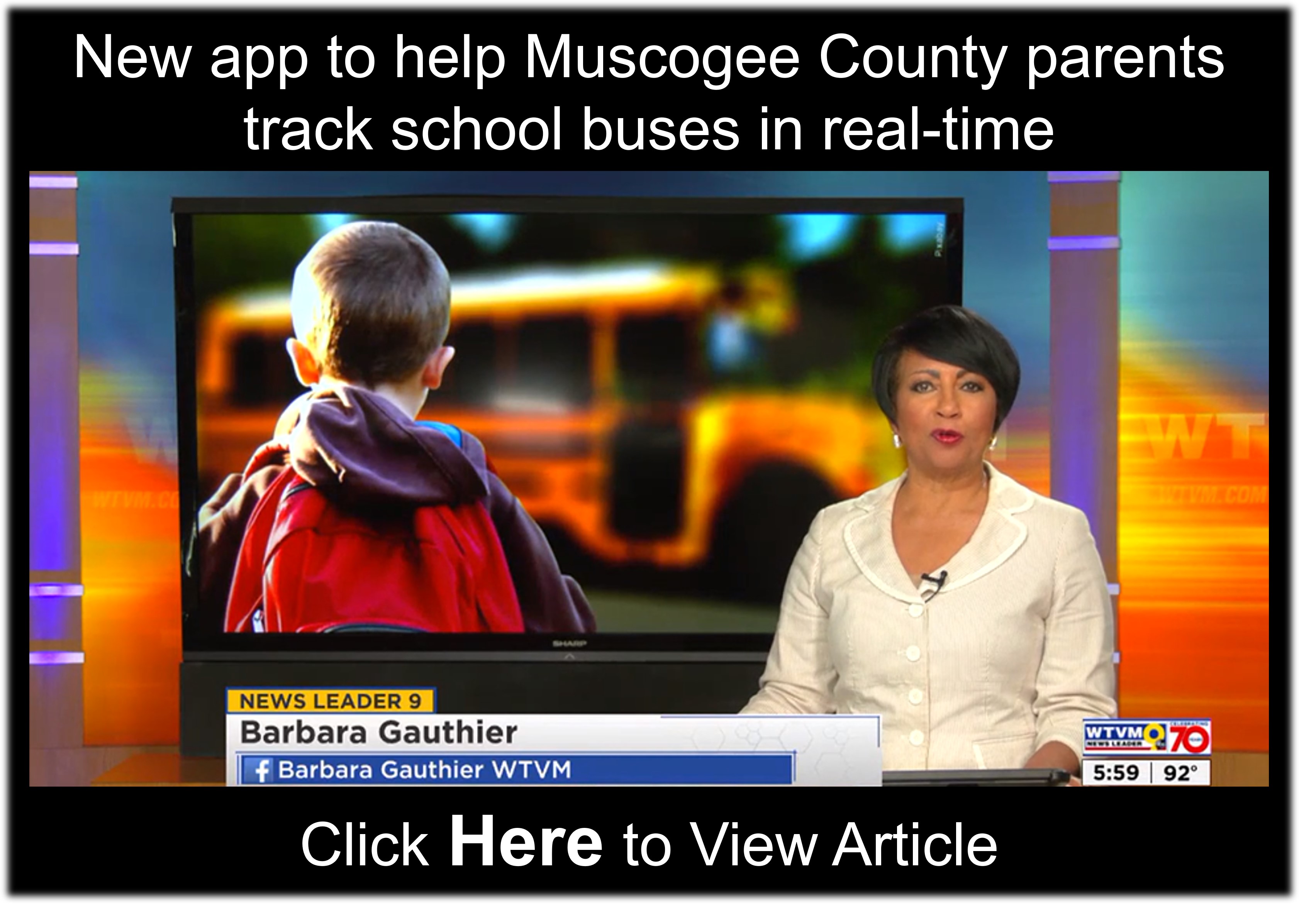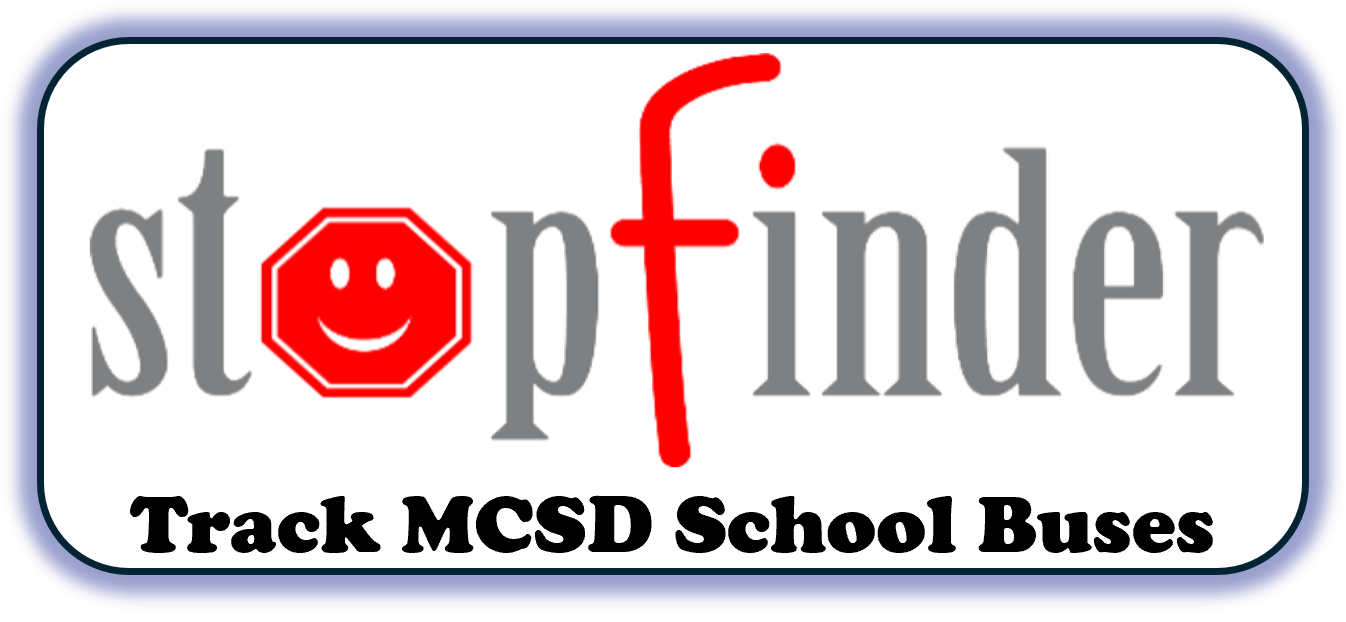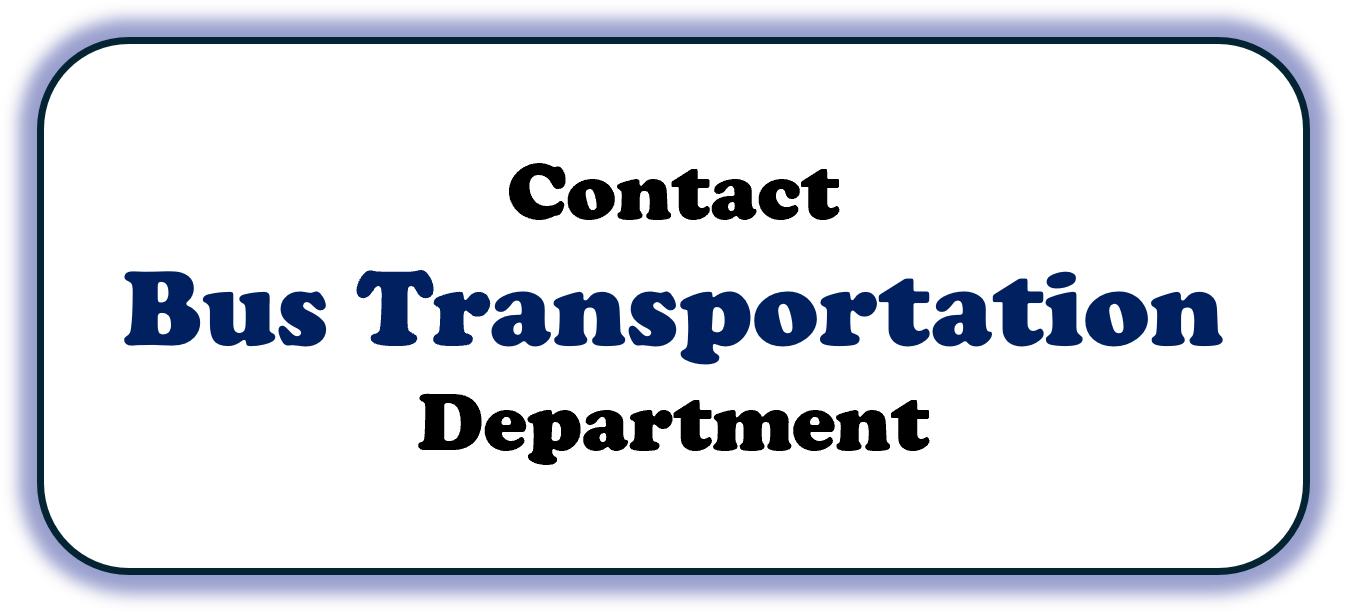Welcome to Kendrick High School’s Parent Page

My name is Maxine Gaddy and I am very proud to serve as your Parent Contact for Kendrick High School. My mission is to connect parents with resources to assist with their child’s educational journey.
The Administration, Faculty and Staff here at Kendrick High are committed to supporting you and your family through this unfortunate pandemic. We have been providing information on our web site, Facebook and Instagram pages, and via emails, texts and calls to address some of your questions and concerns. We can work together to ensure successful virtual and in-person learning for your child.
Kendrick High School believes in the importance of parent engagement in an effort to stay committed to the school’s motto “Returning to Greatness”.
You can reach me at 706-565-2960 or by emailing me at Gaddy.Maxine.R@muscogee.k12.ga.us
What is Title I?
“Title I” is a federal program that provides funding to local school districts to improve the academic achievement of disadvantaged students. It is part of the Elementary and Secondary Education Act first passed in 1965. That Act is reauthorized by Congress from time to time, and often given a new name. It is currently known as the No Child Left Behind Act.
Section A of Title I provides grants to states to distribute directly to school districts. This is by far the largest source of federal money for local schools.
School districts do not have to apply for Title I funding as they would have to for a competitive grant. If a school district qualifies for Title I funding, it is entitled to the money. However, the district must submit to the state education agency a plan for how it will use the funds to improve academic achievement among disadvantaged students.
“Disadvantaged” students are those who come from low-income families, are in foster homes, or are neglected or delinquent, or who live in families receiving temporary assistance from state governments.
